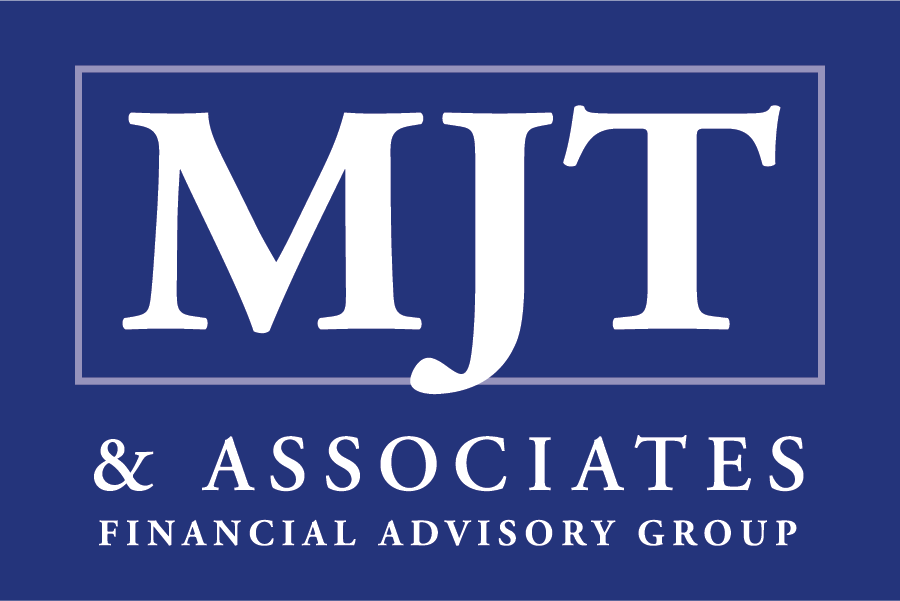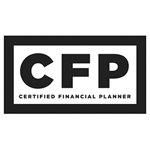It’s often said that if you fail to plan, you're planning to fail. This wisdom rings especially true when it comes to looking after your family’s future. By intertwining estate planning with financial planning, you're not just safeguarding your legacy; you're also ensuring your loved ones are well taken care of long after you’re gone.
In this discussion, we'll delve into why detailed planning is vital for protecting your assets, reducing estate taxes, and ensuring a smooth transition of your wealth to the next generation. With expert insights and handy tips, we’ll cover everything from setting up trusts, establishing power of attorney, to creating a comprehensive financial plan. Plus, we'll tackle some common myths and guide you through the complexities of estate planning.
Understanding the Basics of Estate Planning
At its core, estate planning is all about deciding how your assets should be managed and distributed after you're no longer around. This could include choosing heirs for your property, deciding who should handle your financial and healthcare decisions if you can’t, and figuring out how to divide your assets. A solid estate plan usually features a will, trusts, powers of attorney, and healthcare directives to make sure your wishes are followed.
One of the main aims here is to lessen the tax burden on your estate to maximize what you pass on. Using tools like trusts and gifting strategies can help reduce taxes and conserve more of your wealth for those you care about. Estate planning also lets you pick guardians for young children, set up charitable gifts, and shield your assets from creditors or legal disputes.
Even though it’s so important, many people put off estate planning. But procrastinating can lead to issues like probate delays, family disagreements, and extra taxes. Taking the time to plan ahead with skilled professionals means your wishes are respected, your family is cared for, and your legacy endures.
Key Components of an Estate Plan
A well-rounded estate plan has several critical elements that together protect your assets and ensure smooth wealth transfer to your beneficiaries. These components are tailored to your specific situation and goals, offering a complete framework for managing your estate both during your lifetime and afterward.
- Will: This document specifies how you want your assets distributed after your death. It lets you name beneficiaries, appoint guardians for minor children, and express any other wishes about your estate.
- Trusts: These are versatile tools for achieving various goals like avoiding probate, protecting assets from creditors, and caring for loved ones with special needs. Transferring assets to a trust allows you to control exactly how and when they are distributed.
- Powers of Attorney: These appoint someone to make financial or healthcare decisions on your behalf if you can’t do so yourself. This ensures your affairs are handled according to your wishes.
- Healthcare Directives: Documents like living wills and healthcare proxies specify your medical treatment preferences if you can’t communicate them yourself, empowering your representatives to make healthcare decisions on your behalf.
- Beneficiary Designations: Naming beneficiaries for things like retirement accounts and life insurance policies ensures these assets go directly to your intended recipients without probate. It’s crucial to keep these designations updated as your life changes.
Common Misconceptions About Estate Planning
Estate planning is surrounded by myths that can deter people from taking action. By busting these myths, you can make informed decisions that protect your assets and care for your family.
One myth is that estate planning is only for the rich. But in truth, people at all income levels benefit from it to protect assets, reduce tax liabilities, and ensure their property goes to their chosen heirs. Another myth is that it’s only for older adults. However, anyone, especially those with dependents or substantial assets, should consider estate planning relevant at any age.
Also, some think having a will is enough. While a will is vital, it may not cover all your needs or offer the protection your estate requires. Trusts, powers of attorney, and healthcare directives can provide additional security and ensure your wishes are fully realized.
The Role of Financial Planning in Preserving Your Family's Future
Financial planning is key to securing your family’s future and reaching your long-term goals. By crafting a financial plan that reflects your values and objectives, you can build wealth, manage risks, and lay a solid foundation for your family’s financial health.
Establishing clear financial goals based on your priorities—like saving for retirement, funding education, or buying a home—helps you make informed financial decisions and track progress. Assessing your finances, identifying potential risks, and developing strategies to manage them are all part of financial planning. This process helps you prepare for future expenses and unforeseen financial challenges.
When paired with estate planning, financial planning creates a holistic approach to managing your wealth and ensuring your family’s financial security. Working with financial advisors and estate planners helps you coordinate a strategy that maximizes asset value, reduces taxes, and protects your wealth for future generations.
By taking these proactive steps in estate and financial planning, you’re not just leaving behind assets—you’re establishing a lasting legacy that supports and secures your family for years to come.











